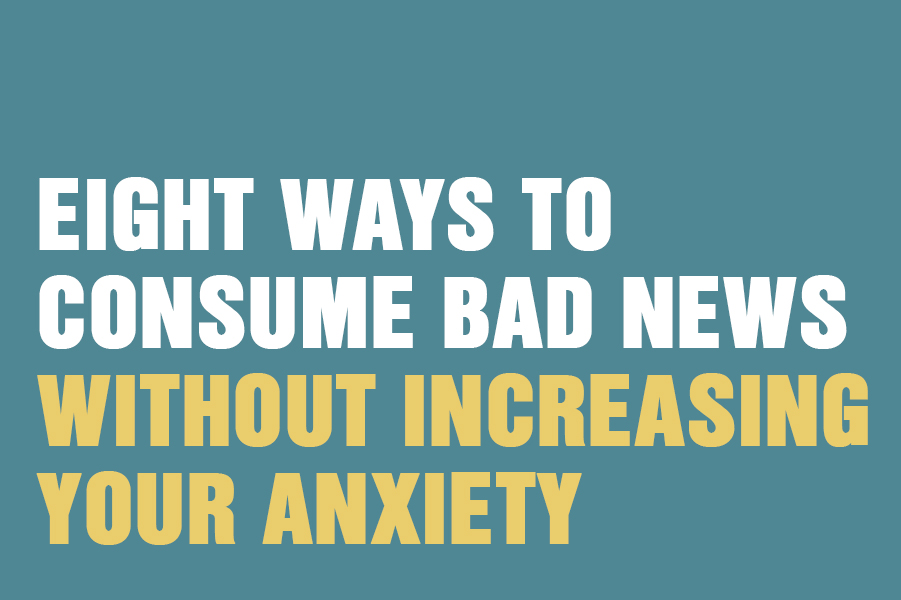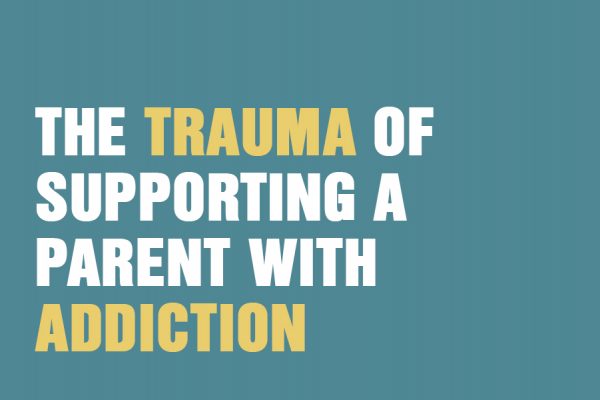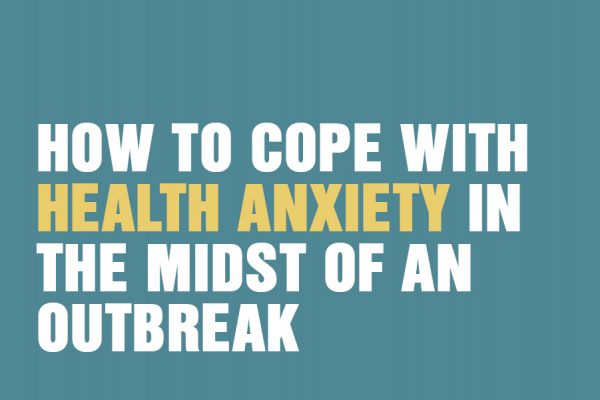If you’re asking yourself if you have post-traumatic stress disorder (PTSD) then it’s highly likely you have lived through or witnessed a traumatic event – or series of events – that made you fear for your survival.
The experience of trauma can be subjective: what is totally overwhelming for one person may not be so distressing for another. Not all highly stressful experiences lead on to post-traumatic stress disorder. It is estimated that around a third of people may develop PTSD after a traumatic experience – but symptoms of the disorder can take months and even years to develop and manifest. Some people don’t even know they have PTSD. Life can change significantly after the traumatic event, and it may sometimes feel like a ‘new normal’ they’ve had to adapt to, rather than recognising that they might have a disorder.
If you’re concerned about your extreme thoughts, mood swings and over-reactions – especially if you keep reliving the stressful events in waking moments or nightmares – then it can be helpful to be aware of the symptoms associated with PTSD. Psychiatrists use criteria outlined in the DSM-5 manual to diagnose disorders.
The criteria used to diagnose PTSD:
1. Exposure
You were exposed to an event that caused actual death or threatened death, serious injury or sexual violation in the following ways:
- You experienced the event.
- You witnessed the event as it occurred to someone else.
- You learned about an event where a close relative or friend experienced an actual or threatened violent or accidental death.
- You experienced repeated exposure to distressing details of an event, such as a police officer repeatedly hearing details about child sexual abuse.
2. Re-experiencing
You keep re-experiencing the traumatic event in at least one of the following ways:
- Upsetting memories of the traumatic event may pop up unexpectedly and repeatedly, intruding on your life.
- You may keep having upsetting dreams that seem to relate to the story of the traumatic event.
- You may experience flashbacks as if the event were happening again for real in the here and now – or you might find yourself dissociating.
- Any cues or triggers – inside or outside your body – that take you back to the traumatic event can cause you strong and persistent distress.
- Any reminder of the traumatic event can cause a strong reaction in your body, such as sweaty palms and increased heart rate.
3. Avoidance
You may find yourself going out of your way to avoid reminders of the traumatic event by:
- Avoiding thoughts, feelings, or physical sensations that bring up memories of the traumatic event.
- Avoiding people, places, conversations, activities, objects or situations that trigger memories of the traumatic event.
4. Negative changes in thought and mood
You may experience negative changes in thoughts and mood that have occurred or worsened after the traumatic event. These changes can manifest in the following ways:
- You can’t remember an important aspect of the traumatic event.
- You keep making negative evaluations about yourself, others, or the world. For example, you might feel you are unlovable, or you can’t trust anyone.
- Blaming yourself or others for the cause or consequence of a traumatic event.
- Your emotional state seems to take over – for example, experiencing shame, anger, or fear for a lot of the time.
- You’re losing interest in activities you used to enjoy.
- You feel detached from others.
- You no longer feel able to experience positive emotions such as happiness, love or joy.
5. Arousal
The following symptoms are typically and commonly associated with PTSD, and can be strong warning signs of the disorder. Note in yourself if these symptoms have started or become worse since experiencing a traumatic event:
- You’re behaving with more irritability or aggression.
- You’re more impulsive or self-destructive.
- You’re hypervigilant and feel constantly on the lookout for unexpected danger.
- You react to everyday triggers in an extreme way: your ‘startle response’ is heightened.
- You have difficulty concentrating and sleeping.
PTSD Diagnosis
To be diagnosed with PTSD you need to experience at least one symptom from all of the above categories. The symptoms need to last for more than a month, and they are bringing you considerable distress and interfering greatly with different areas of your life. Also, the symptoms are nothing to do with other medical conditions or situations.
If you recognise symptoms of PTSD in yourself…
Only a psychiatrist can diagnose post-traumatic stress disorder. So, if your concerns are escalating then the first port of call should be your GP, who will be able to refer you on for psychiatric diagnosis and treatment if appropriate.
Therapeutic treatments for PTSD include EMDR (which helps manage how your memories are stored in your brain and therefore alleviate your symptoms) and psychotherapy (which can help you work on the causes of your distress, become more aware of your triggers, and identify ways to feel safer in the world).
If you would like support to manage your post-traumatic stress symptoms, and want to find a way to feel less in the ‘grip’ of your past traumatic experiences, then get in touch with us and we will match you with a trauma-informed therapist. Call 020 8673 4545 or email [email protected] to book your first appointment. We have sessions available seven days a week at our centres in Clapham and Tooting.







